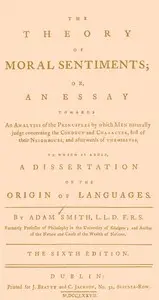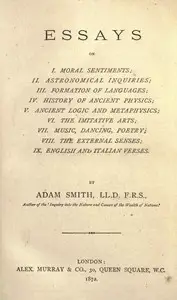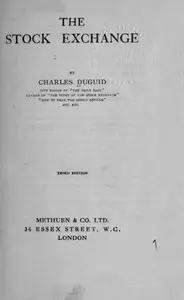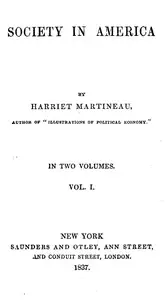"An Inquiry Into the Nature and Causes of the Wealth of Nations" by Adam Smith is a pioneering exploration into the roots of economic prosperity, examining the forces that shape a nation's accumulation and allocation of resources. Smith introduces the key idea that national wealth grows from the productivity of its workforce, highlighting the vital role of skill and efficient work organization. The book then lays out its plan to explore the productivity of labor, the importance of capital, how wealth grows differently in various nations, and the consequences of government actions on the economy. With an analytical style, Smith sets the stage for understanding the detailed connections that influence a country's economic state.

An Inquiry Into the Nature and Causes of the Wealth of Nations
By Adam Smith
Discover how a nation's prosperity hinges on its labor force and the smart allocation of resources, shaping the very structure of world economies.
Summary
About the AuthorAdam Smith was a Scottish economist and philosopher who was a pioneer in the thinking of political economy and key figure during the Scottish Enlightenment. Seen by some as "The Father of Economics" or "The Father of Capitalism", he wrote two classic works, The Theory of Moral Sentiments (1759) and An Inquiry into the Nature and Causes of the Wealth of Nations (1776). The latter, often abbreviated as The Wealth of Nations, is considered his magnum opus and the first modern work that treats economics as a comprehensive system and as an academic discipline. Smith refuses to explain the distribution of wealth and power in terms of God's will and instead appeals to natural, political, social, economic, legal, environmental and technological factors and the interactions among them. Among other economic theories, the work introduced Smith's idea of absolute advantage.
Adam Smith was a Scottish economist and philosopher who was a pioneer in the thinking of political economy and key figure during the Scottish Enlightenment. Seen by some as "The Father of Economics" or "The Father of Capitalism", he wrote two classic works, The Theory of Moral Sentiments (1759) and An Inquiry into the Nature and Causes of the Wealth of Nations (1776). The latter, often abbreviated as The Wealth of Nations, is considered his magnum opus and the first modern work that treats economics as a comprehensive system and as an academic discipline. Smith refuses to explain the distribution of wealth and power in terms of God's will and instead appeals to natural, political, social, economic, legal, environmental and technological factors and the interactions among them. Among other economic theories, the work introduced Smith's idea of absolute advantage.
















